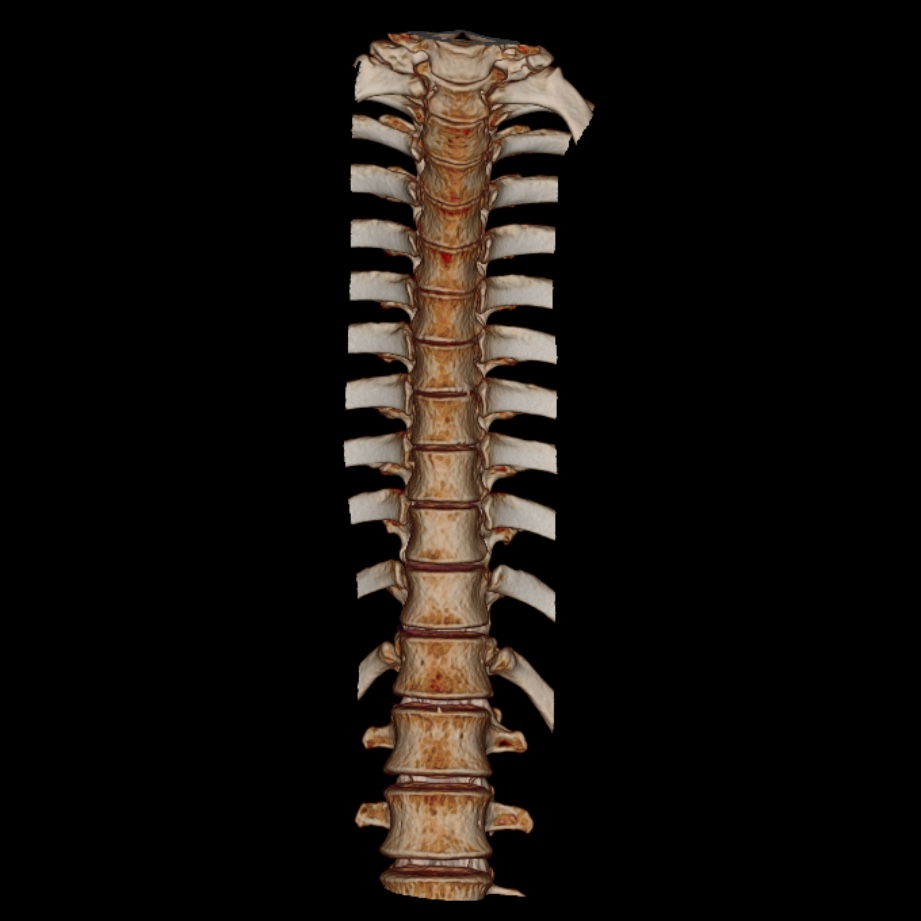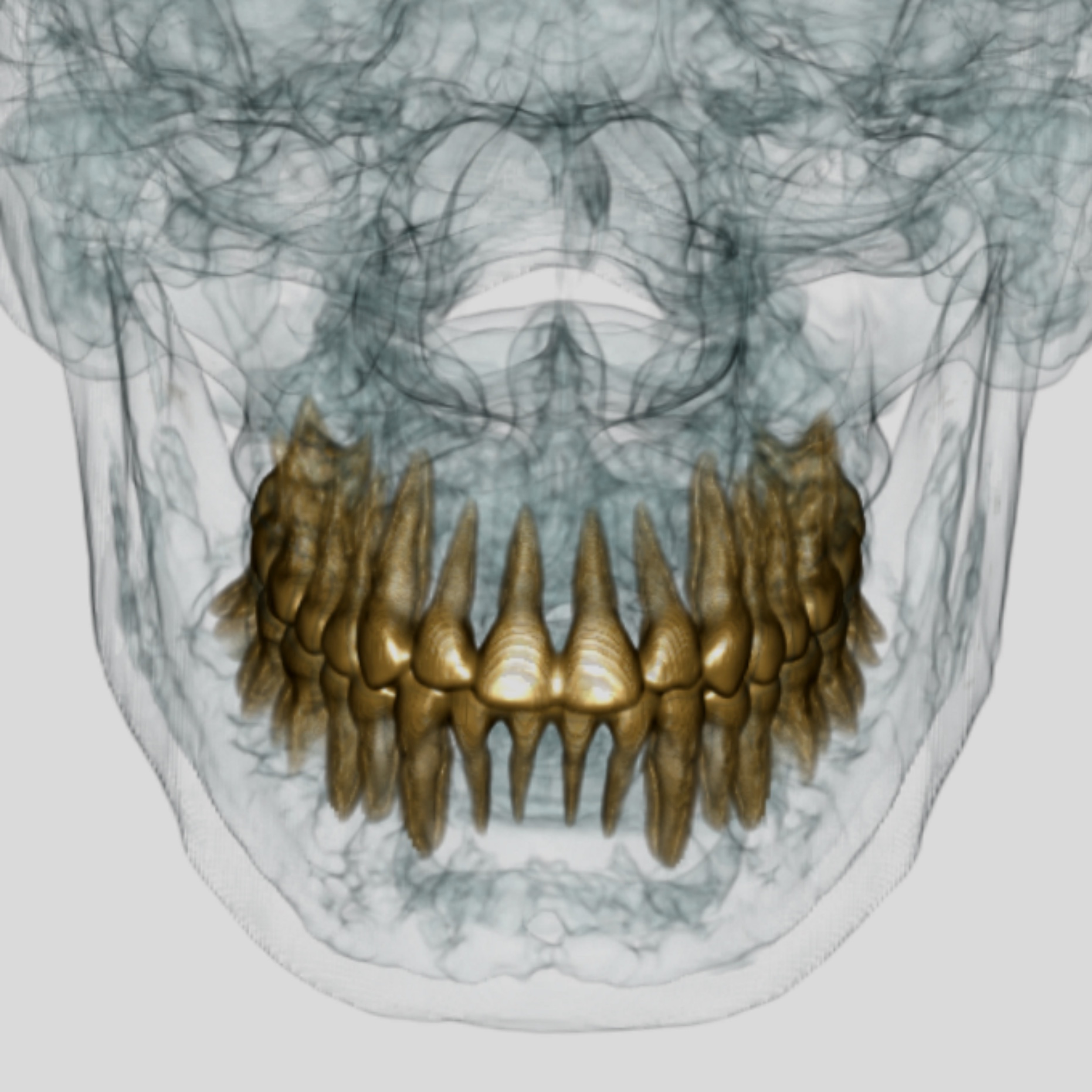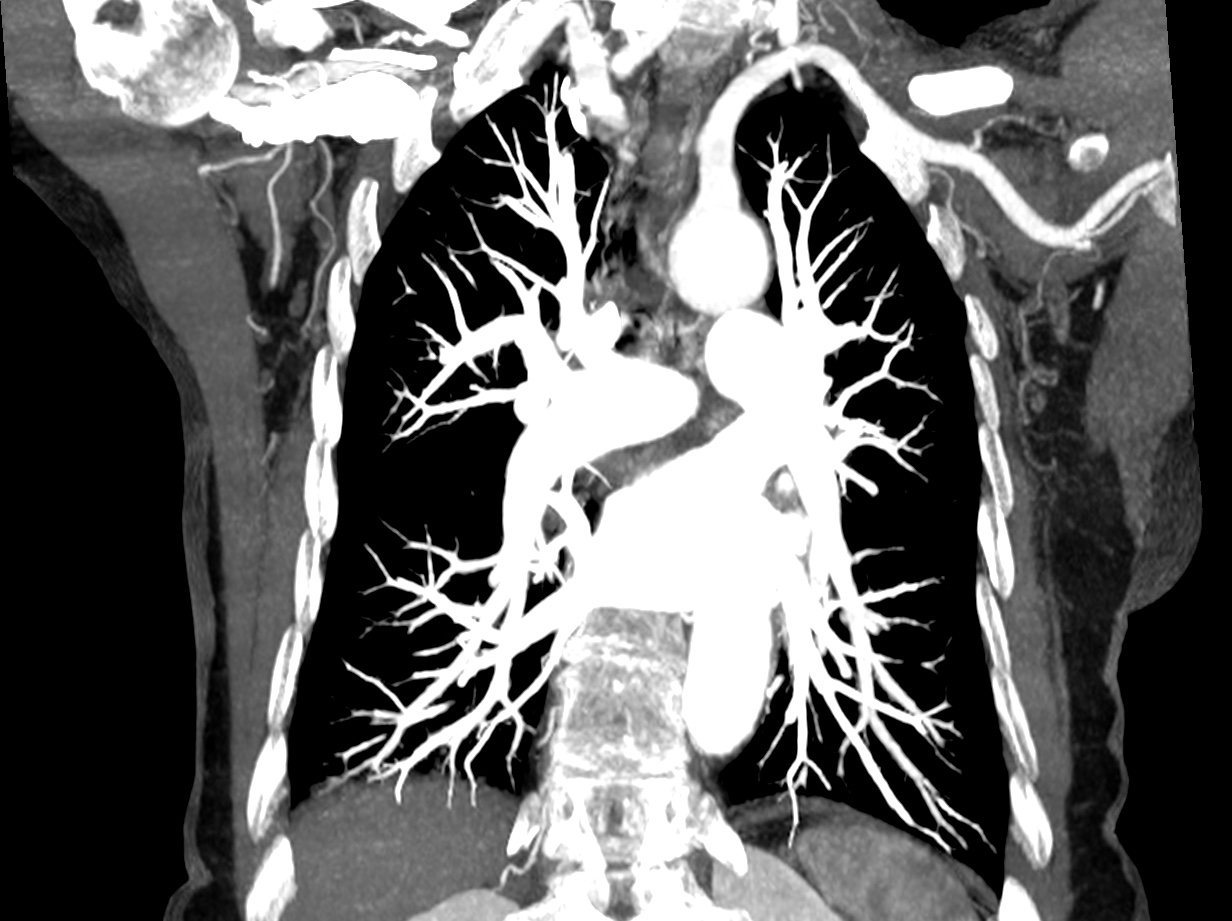A Computed Tomography (CT) uses x-rays and digital computer technology to create detailed images of bones, blood vessels and soft tissues of the body. It is a fast, painless and accurate procedure. CT can also be used to diagnose various medical conditions as well as investigating and monitoring changes in the body.
How do I prepare for a CT Scan procedure?
Depending on the type of CT scan procedure, you may be asked to refrain from eating or drinking a few hours prior to the procedure. To enhance the visibility of certain organs or blood vessels, use of contrast materials may be required. Contrast material may be injected into a blood vessel or administered by mouth or by enema.
When you arrive for your CT scan procedure, you may be required to answer some questions about your medical history and allergies to contrast materials. You will also be asked if you have been diagnosed with heart failure, diabetes or kidney problems. Women of reproductive age should also inform the Technologist if there is any possibility that they may be pregnant by stating their last menstrual period (LMP).
Before the procedure, you will be required to remove all metallic objects and accessories including hairpins, jewelry, eyeglasses, hearing aids, wigs and underwire bras. You may also be required to change into a hospital gown for your comfort and safety. This is to ensure that your clothing does not affect the quality of the scan.
What to expect during a CT Scan procedure.
A CT scan is painless procedure that takes a maximum of 30 minutes depending on the region scanned. During the procedure, you will be briefly exposed to ionizing radiation although no long-term harm is expected from this exposure. It is advisable to inform the Technologist in case you are pregnant to avoid exposing your baby to radiation.
The Technologist will position you on the table (gantry) which will move slowly into the CT scanner opening. During the procedure, you may hear buzzing, clicking and whirring noises. The Technologist will sit in an adjacent room and monitor you throughout the procedure. The Technologist will be able to communicate with you via intercom.
After the procedure, you can resume your usual activities. If you were injected with contrast material, you may receive special instructions including drinking plenty of fluids to enable your kidneys to drain contrast material from the body. A Radiologist will analyze the CT images and produce a Report that you can discuss with your doctor.



